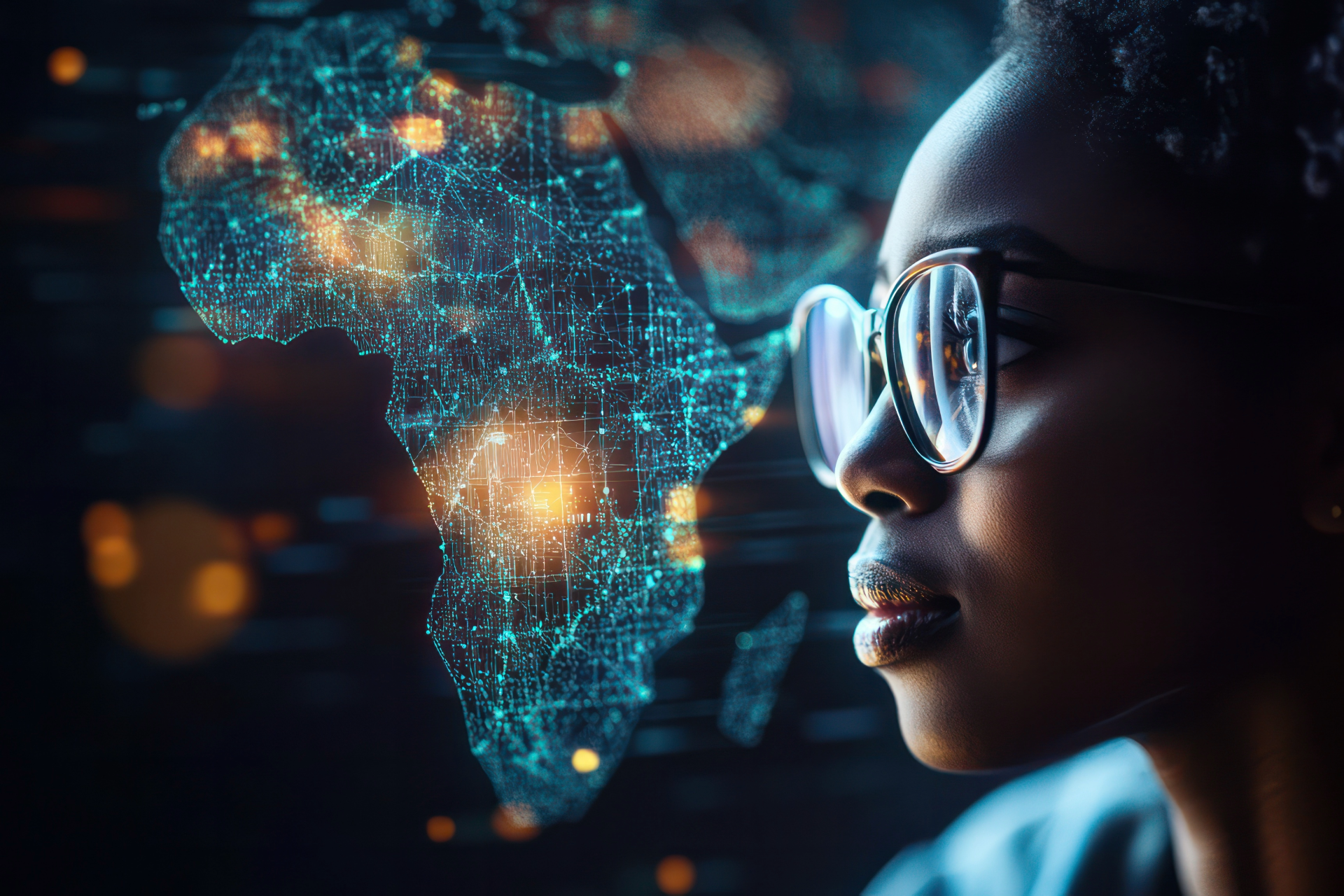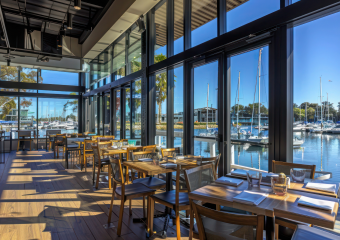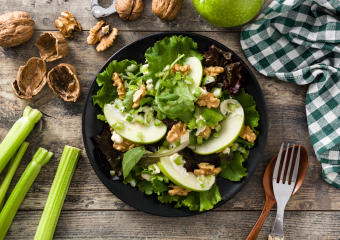Chef + Tech: How AI is Revolutionizing the Dining Experience
AI is transforming industries across the board, from healthcare to automotive. Now, it’s making a significant impact in the culinary world. In a unique intersection of gastronomy and technology, the collaboration between chefs and AI platforms is creating exciting opportunities and revolutionizing the dining experience. This partnership not only enhances the creative process behind dish creation but also streamlines operations, personalizes customer interactions, and even helps in managing inventory more effectively.
When Culinary Art Meets Artificial Intelligence
The integration of AI in kitchens around the world is not just a futuristic idea—it’s a present reality. Several high-end restaurants and food service providers are now utilizing AI to predict consumer behavior, enhance flavor profiles, and optimize service delivery. This blend of technology and traditional cooking is paving the way for a new era in the culinary arts, characterized by innovation and efficiency.
AI helps in analyzing vast amounts of data from various sources including past orders, seasonal preferences, and current culinary trends. This data is then used by chefs to craft dishes that are not only delicious but are also aligned with consumer desires and nutritional needs. Imagine a world where your diet preferences and restrictions are instantly analyzed, and meal options are tailored just for you, enhancing both satisfaction and health.
Enhancing Customer Experience with Personalized Dining
One of the most intriguing aspects of the chef-AI partnership is the personalization of the dining experience. AI algorithms are capable of learning individual customer preferences and dietary restrictions, which can then be used to tailor menus to each diner. This personalized approach is not only limited to taste but also extends to nutritional content, making dining out a more fulfilling and health-conscious experience.
Imagine walking into a restaurant where the menu suggests dishes based on your past choices and nutritional goals. Or consider an interactive dining scenario where your feedback on a dish is immediately input into an AI system, adjusting the spice level or ingredients of your next order in real time. This tailored approach not only increases customer satisfaction but also boosts restaurant efficiencies and reduces waste.
Streamlining Kitchen Operations
Beyond enhancing the diner’s experience, AI aids in kitchen management by optimizing ingredient usage and reducing waste. Through predictive analytics, restaurants can foresee the quantity of food that needs to be prepared, aligning closely with actual demand. This precision in preparation helps in minimizing food waste, a significant concern in the food industry today.
Moreover, AI can optimize the timing and processes involved in food preparation, ensuring that dishes are not only prepared to perfection but also delivered at the optimal temperature and presentation. This level of detail ensures that every diner receives the highest quality experience possible, every single time.
The Future of Dining: Efficiencies and Creativities
As we look towards the future, the possibilities of what can be achieved at the nexus of culinary arts and technology are virtually limitless. AI is not here to replace the traditional skills of a chef but rather to augment and enhance the creative process. Chefs can experiment with ingredients and techniques that they might not have considered before, assisted by AI-driven insights and simulations.
Moreover, the operational efficiencies brought about by AI integration help restaurants manage their resources better, from kitchen staff to inventory, allowing chefs to focus more on the creative aspects of culinary arts. Reduced operational stress creates space for innovation and could lead to healthier, more sustainable cooking practices globally.
In conclusion, the synergy of chefs and AI is setting a new standard in the dining industry. This collaboration does not only promise an enhanced dining experience but also a leap towards more sustainable and efficient culinary practices. As technology continues to evolve, it will be intriguing to see how AI further molds the future of gastronomy, making every meal not just a dish but a personalized culinary adventure.





